-
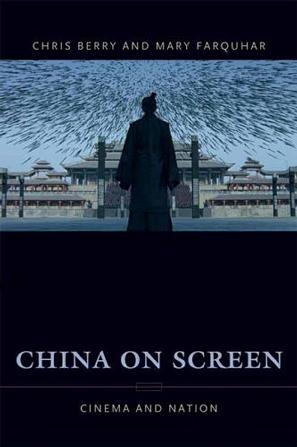
China on Screen
In China on Screen, Chris Berry and Mary Farquhar, leaders in the field of Chinese film studies, explore more than one hundred years of Chinese cinema and nation. Providing new perspectives on key movements, themes, and filmmakers, Berry and Farquhar analyze the films of a variety of directors and actors, including Chen Kaige, Zhang Yimou, Hou Hsiao Hsien, Bruce Lee, Jackie Chan, Maggie Cheung, Gong Li, Wong Kar-wai, and Ang Lee. They argue for the abandonment of "national cinema" as an analytic tool and propose "cinema and the national" as a more productive framework. With this approach, they show how movies from China, Hong Kong, Taiwan, and the Chinese diaspora construct and contest different ideas of Chinese nation -- as empire, republic, or ethnicity, and complicated by gender, class, style, transnationalism, and more. Among the issues and themes covered are the tension between operatic and realist modes, male and female star images, transnational production and circulation of Chinese films, the image of the good foreigner -- all related to different ways of imagining nation. Comprehensive and provocative, China on Screen is a crucial work of film analysis. -
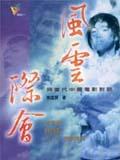
風雲際會-與當代中國電影對話
八0年代一群剛從北京電影學院畢業的新導演,在沒有大片廠的限制和層層意識型態的包袱下,盡情發揮其創新理念,進而掀起了一場石破天驚的電影革命。一時之間,大陸電影由鎖國時期的陌生,演變到大小影展競相邀約,成就了全世界都知道的中國新電影。十多年來,雖多有挫折,但創作的熱情卻源源不絕,所累積下來的作品時而磅礡大氣,時而細膩幽遠,時而悲憫包容,時而又尖刻諷喻,為整個翻天覆地的時代做了完整的省思與紀錄。本書訪談了八、九0年代崛起的大陸導演及中堅演員,暢談他們的創作理念及其與外在環境的互動。他們是:張藝謀、陳凱歌、田壯壯、姜文、吳天明、謝飛、吳子牛、黃建新、張暖忻、李少紅、張元、何平、何建軍、王小帥、英若誠、劉曉慶、李保田、張瑜等。 -
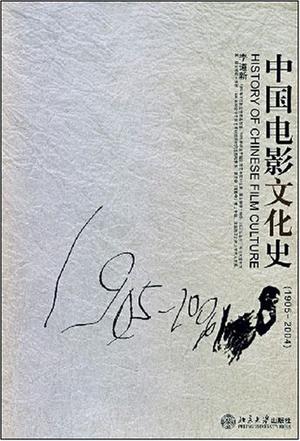
中国电影文化史
本书以100年中国电影发展历程观照对象,力图整合中国内地、台湾和香港电影的整体面貌,深入阐发中国电影的精神走向及其文化蕴涵。按中国电影文化发展的总体脉络,将中国电影文化史划分为早年的道德图景,乱世的民族影像、分立的家国梦想与整合的文化阐发四个具有特定文化内蕴的历史时段;并在具体的历史陈述中,把握住各时段具有特定文化内蕴的电影作者,电影文本或电影类型,进行较为细致的分析和研究。这样的中国电影文化史,将以其不同于传统电影政治史,电影艺术史的面貌出现,并以其相对厚重的文化感悟超越一般的电影美学史,电影类型史,是一部全面,丰富的电影文化史著作。 -
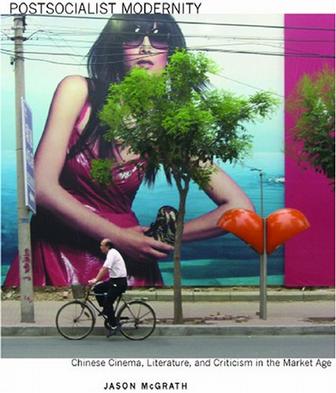
Postsocialist Modernity
This book examines Chinese culture under the age of market reforms. Beginning in the early 1990s and on into the new century, fields such as literature and film have been fundamentally transformed by the forces of the market as China is integrated ever more closely into the world economic system. As a result, the formerly unified revolutionary culture has been changed into a pluralized state that reflects the diversity of individual experience in the reform era. New autonomous forms of culture that have arisen include avant-garde as well as commercial literature, and independent film as well as a new entertainment cinema. Chinese people find their experiences of postsocialist modernity reflected in all kinds of new cultural forms as well as critical debates that often question the direction of Chinese society in the midst of comprehensive and rapid change. -
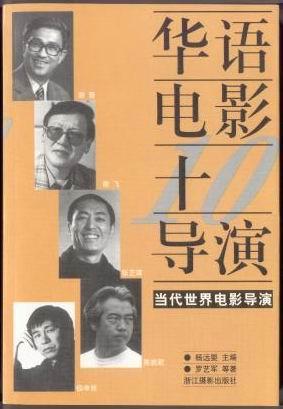
华语电影十导演
-
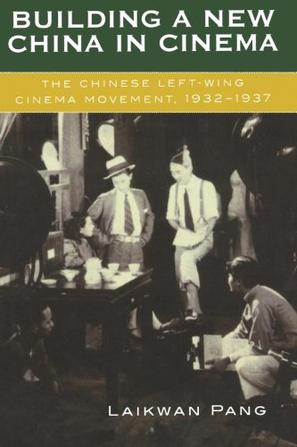
Building a New China in Cinema